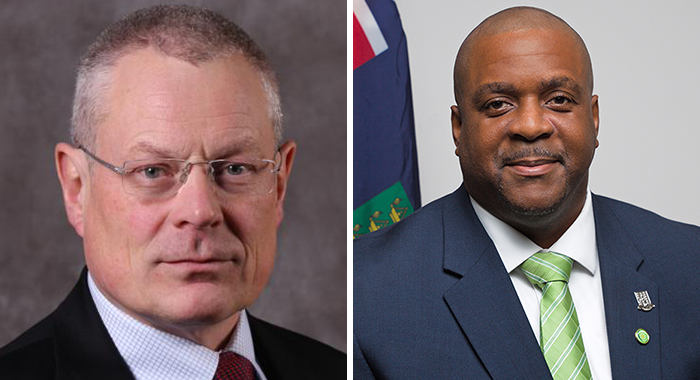By Brian Williams
After seven months of hearings at the Commission of Inquiry into alleged institutional corruption and the governance of the British Virgin Islands (BVI), lone Commissioner Sir Gary Hickenbottom has dredged deep, searched far and wide and interrogated all and sundry. But, Sir Gary and his high-powered United Kingdom (UK)-assigned team has yet failed to discover any “smoking gun” of corruption by any past or present BVI government.
The commission has, indeed, highlighted some administrative operational gaps. Some of which are no longer in existence due to the development and evolution of the governance processes in the growth and maturing of the fledgling country, and cannot amount to the absence of good governance. There have been issues in the past about the length of time taken for the processing and granting of applications for Belonger Status and apparent conflicts with the way this was handled when compared to the provisions of the Immigration Act. However, one of the first — and at the time controversial — initiatives of the Andrew A. Fahie Administration in 2019 was the clearing up of an inherited backlog of applications and the granting of approximately 1,500 Belonger status applications. Premier Fahie told citizens of the BVI that they had nothing to fear from their brothers and sisters, who came from far and wide to make a living in the territory. He labelled it a win-win situation that should be well.
Cabinet’s decision, early in its term, to ask appointees to state boards to voluntary resign is rich fodder for scandalous headlines and media reporting, but the ideological alignment of boards with the vision of the government of the day is not illogical or bad governance. With just four years to deliver its ambitious mandate to the electorate, efficient and effective governance demands that a government should have the teams in these institutions and bodies that are aligned with and passionate about the government’s legitimate policy agenda and who are willing to drive this policy agenda. It is the elected government that will be grilled by the demanding electorate that has no appetite for excuses to account for what they have and have not done with their short time in office.
In any event, such a practice is not uncommon in jurisdictions that have inherited the Westminster governance model from Britain the Great. Even further, evidence before the commission has revealed that the government never followed through on implementing this decision. And even further still, the Fahie Administration has been proactive, even before the announcement of the commission, to set the precedent of advertising calls for applicants to populate state boards, demonstrating a willing and un-forced commitment to transparency and good governance.
To the extent that gaps or missteps by a young government have been detected, it cannot be persuasively argued that any of these acts of omission or commission amount to “hanging offences”. The Commission of inquiry is yet to discover any course of dealings that can be characterised as misfeasance or malfeasance. Nothing remotely close to misbehaviour in public office has come to light.
To date, there has been no significant disclosure regarding corruption in government –especially the present one. For sure, the commission has paraded before the public and the world contracts to persons who are publicly aligned with the government — engineering “gotcha” moments. But the commission has not balanced this off by publicising contracts to persons who are not so publicly aligned or persons who are publicly not supportive of the government or to its vocal critics. This deficiency in the commission process creates skewed perceptions about governance and about the culture of the BVI, and casts aspersions on the character of its people — to what end, only time will tell.
Because of the commission’s failure to unearth any major corruption or other wrongdoing on the part of the BVI governments, it comes at an ill opportune time for the government. Smack amid the coronavirus pandemic, the commission diverts the attention of Premier Fahie and other senior officials from the serious task currently confronting the territory of managing the social and economic challenges of COVID-19. It should be swiftly brought to an end so that the territory and its government can settle down, free from distractions, and carry out its mandate to govern, which citizens bestowed on it in February 2019. These trying times demand the full attention of the government.
The opinions presented in this content belong to the author and may not necessarily reflect the perspectives or editorial stance of iWitness News. Opinion pieces can be submitted to [email protected].






